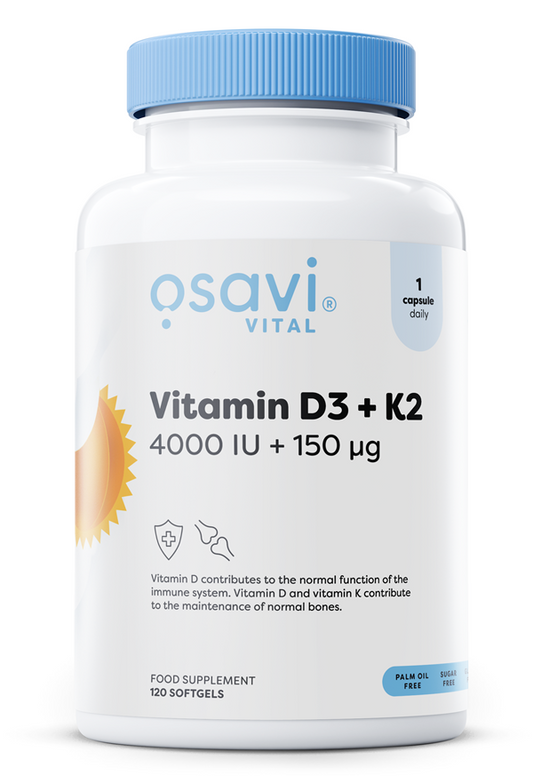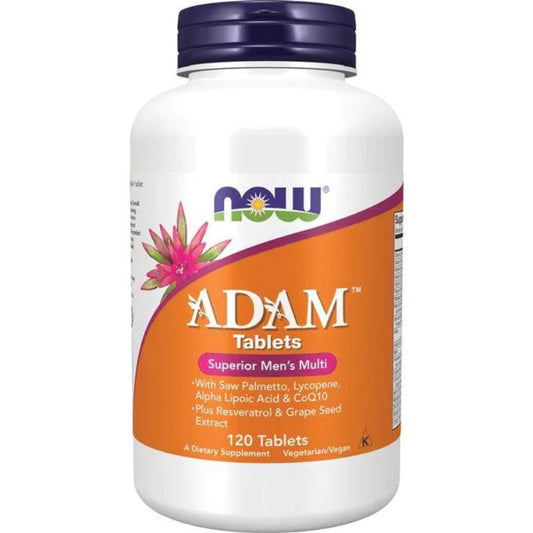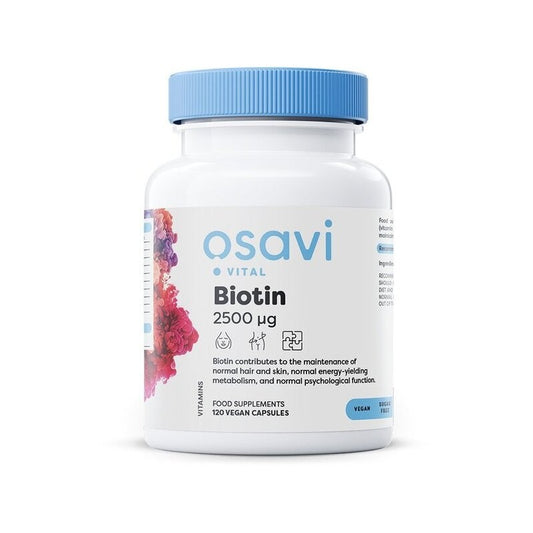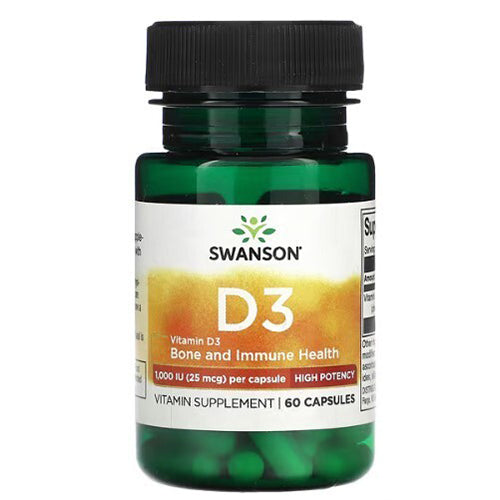
Thiamine (Vitamin B1): Essential Nutrient for Energy and Wellness
Jakub SkibaVitamin B1, also known as thiamine, is a water-soluble B vitamin that supports energy production and overall wellness. It helps the body convert carbohydrates from food into usable energy, contributing to everyday vitality and nutrient utilization. Thiamine naturally occurs in a variety of foods, including whole grains, legumes, seeds, nuts, leafy greens, pork, fish, eggs, and dairy products, making it accessible for both plant-based and omnivorous diets. For those following vegetarian or vegan lifestyles, fortified foods such as cereals and plant-based milks can help ensure consistent intake.
In addition to energy metabolism, Vitamin B1 contributes to nutritional balance and is often included in wellness routines for its support of the nervous system, muscle function, and overall vitality. It helps maintain the body’s natural processes that convert food into energy and supports the healthy functioning of muscles and nerves. While it is sometimes associated with neurological and cardiovascular wellness, its main contribution is nutritional: supporting the body’s natural energy systems and everyday balance. This article explores Vitamin B1’s functions, natural food sources, recommended daily intake, and practical ways to include it in your diet for overall wellness.
Key Roles of Vitamin B1 in Nutrition
Energy Metabolism
Thiamine helps the body convert carbohydrates from food into usable energy, supporting vitality and overall energy levels throughout the day.
Nutritional and Wellness Support
Vitamin B1 contributes to nutritional balance and helps maintain healthy nervous system function as part of a varied diet.
Muscle and Nerve Wellness
Thiamine supports healthy muscle function and nerve signaling, making it a key nutrient for everyday activity and wellness.
Food Sources of Vitamin B1
Plant-Based Sources
-
Whole grains (brown rice, oats, quinoa, barley)
-
Legumes (beans, lentils, peas)
-
Seeds and nuts (sunflower seeds, flaxseeds, walnuts)
-
Leafy greens (spinach, kale)
-
Fortified cereals and whole grain breads
Animal-Based Sources
-
Pork (especially lean cuts)
-
Fish (trout, tuna, salmon)
-
Eggs
-
Dairy products (milk, cheese, yogurt)
-
Chicken and beef
A balanced diet with a mix of plant and animal foods typically provides sufficient thiamine. For strict vegan diets, fortified foods or a B-complex supplement can help meet daily needs.
Recommended Daily Intake of Vitamin B1
|
Age Group |
Daily Recommended Amount (mg) |
|
Infants (0–6 months) |
0.2 |
|
Children (1–3 years) |
0.5 |
|
Children (4–8 years) |
0.6 |
|
Children (9–13 years) |
0.9 |
|
Teens (14–18 years) |
1.2 |
|
Adults (19+ years) |
1.1 (women), 1.2 (men) |
|
Pregnant/Breastfeeding women |
1.4 |
Thiamine is water-soluble, so excess is excreted in urine. Regular intake through foods or supplements helps maintain consistent levels.










